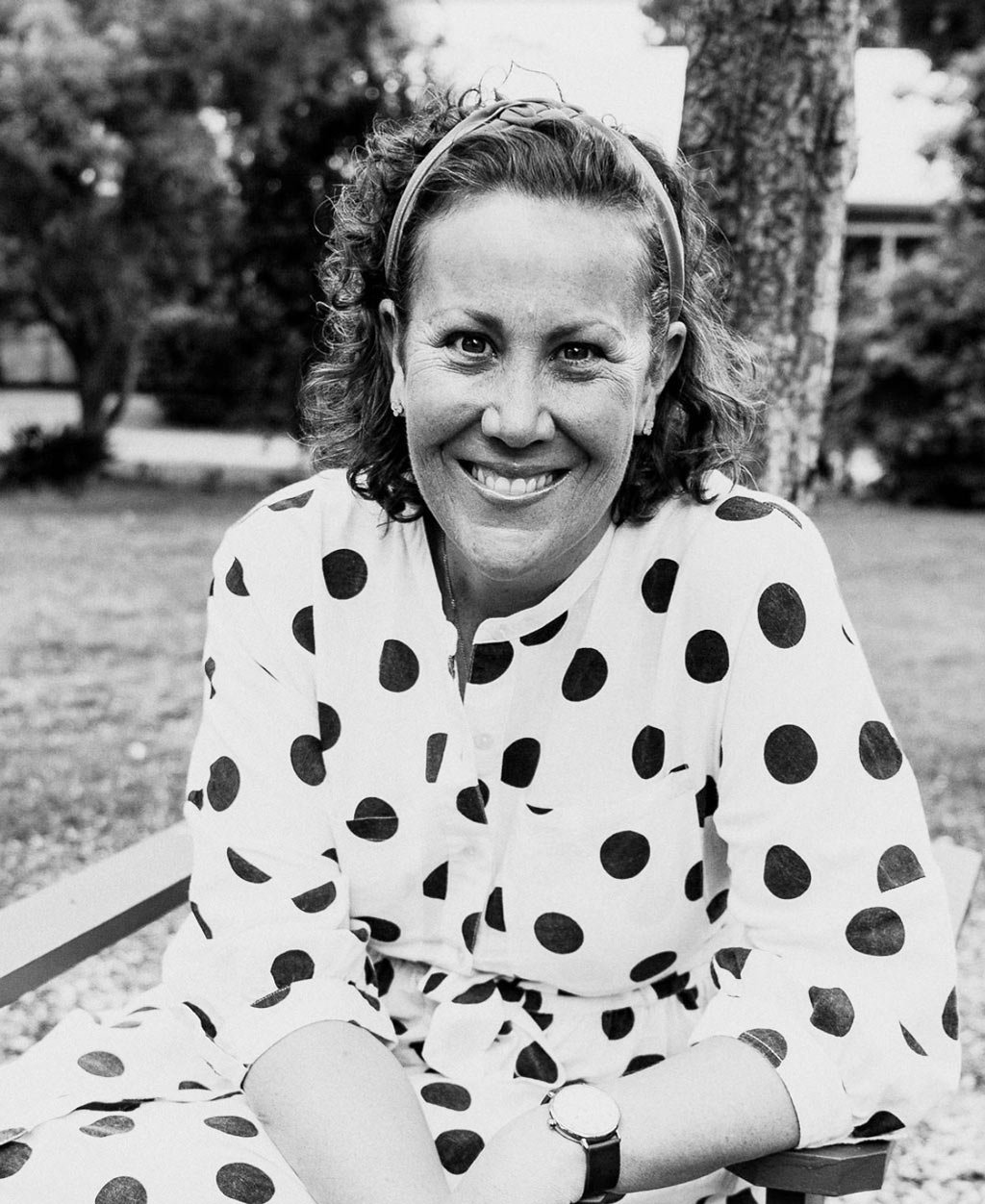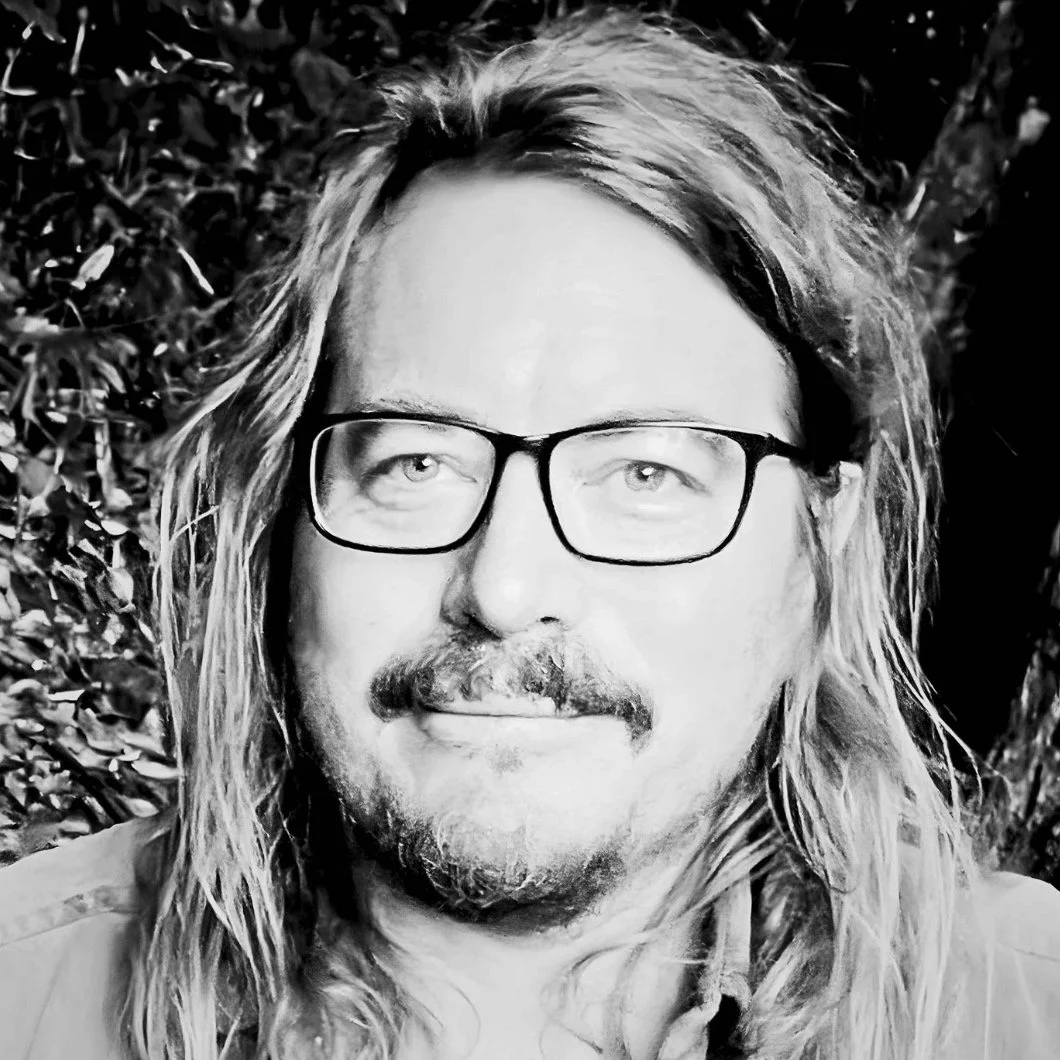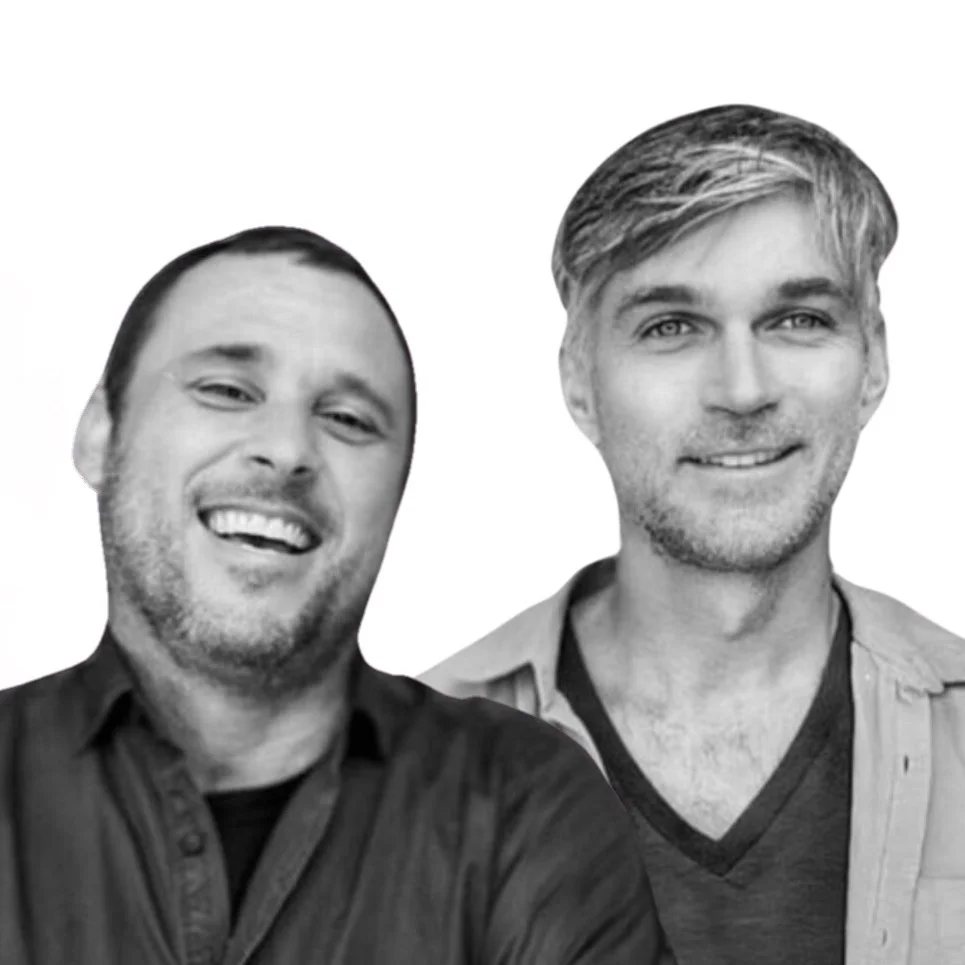Julia Spicer OAM On Recognising The Positive Impact Of Regional Social Enterprises
Julia Spicer OAM is a vibrant rural entrepreneur and a catalyst for change. Alongside her role as Queensland’s Chief Entrepreneur, Julia ia also Founder of three regional businesses based in Goondiwindi, Qld - Engage & Create Consulting, The Goondiwindi Business Hub and the recently sold House4390.
Julia has grown the activity and impact of innovation into the farming and business communities across the state. Julia has a particular gift for engaging woman and indigenous businesses in her work. Julia assists entrepreneurs and business owners with the work of business plan writing, designing value propositions and attracting grant and investment funds.
Julia's mission is to contribute to the vibrancy and viability of rural and regional Australia by helping businesses grow. Through strategic planning, coaching and online courses; Julia does just that.
Julia discusses her perspective on the state of impact-led entrepreneurship in Queensland and where she believes social enterprise can best be used in to tackle pressing social and environmental issues.
Highlights from the interview (listen to the podcast for full details)
[Tom Allen] - To start off, could you please share a bit about your background and what led to your recent engagement as Queensland's Chief Entrepreneur?
[Julia Spicer OAM] - I am coming to you today from Sunny Goondiwindi on Bigambul Country where I call home now. But I grew up in Western Queensland, North of Roma on my family's grazing properties, so we had cattle and sheep as I grew up. The reality is I have always been involved in looking at what's happening in my community from a young age.
I am a believer in our rural areas; there's often not a lot of us, so we need to all contribute to be able to have the services and vibrancy in our communities we want to have.
I've done this in a few different ways; volunteering and ensuring I represent communities on boards has always been two of those ways. For the last couple of years, I've been the regional representative of our Innovation Advisory Council for the Queensland Government. Through that role, when our current Chief Entrepreneur for Queensland, Wayne Gerard, decided he will retire from the role he's been doing the last couple of years, I was asked to consider whether I would be keen to be next.
Tell us a bit more about other work you've done in the lead up to this position and the projects you're involved with?
My background is actually in environmental science, so I've spent the majority of my career in roles involving sustainable agriculture, working with lots of land care and catchment groups. That included working with traditional owner groups and local councils to support businesses and identify what might be some of their challenges, particularly from a sustainability and environmental perspective. We looked at who might be interested in helping us solve those problems and then who might be interested in funding those problems. They are sometimes all one and the same, and other times not quite. That's really where my early stages of involvement with social enterprise started, and particularly my involvement in that not-for-profit space started there.
I was often asking, “how do we help people who might initially think they have differing ideas, priorities or visions of whatever it might be?” How do we help them actually see they've got more in common than they are led to believe?
That was very much the role I played in sustainability, and my consulting business Engage and Create actually turns 10 at the end of the month, which is hard to believe. It's been a really amazing decade in this role, where I took a lot of those transferable skills. We've worked pretty much across every state and territory in rural Australia. I’m happy to say there are plenty of consultants who are fantastic and can support businesses in capital cities or larger centres. But what I've really tried to do is take my set of skills and support regions I understand. For example, how do we make sure that women who are moving to new communities (generally because they've married a farmer) have their skill set incorporated? How do we ensure they're made to feel welcome, that they're made to feel useful and purposeful? How do we look at the role that women play in regional economic development? We worked with industry groups nationally, I developed some training and programs that were able to be used to support people into those activities. It’s been really great to see that's continued on. We've done a lot in the First Nations employment space. How do we help people find long term meaningful employment, which might not necessarily mean it is full time? It might not necessarily mean it's sitting in an office nine to five.
We've got some latitude regionally to be able to do things in a way that works for us and our community, which helps us try some different things and see how it works.
Generally, people will come to me if they've tried some other ideas, they haven't worked and they need a little bit of out of the box thinking. Or they need support to see that they're on the right track with what they're wanting to do. That looks like strategic planning, helping people write funding applications, helping people through some ideas and trialling business concepts they might have for their business or not for profit.
What’s your current perspective on the state of entrepreneurship in Queensland, and where do you see opportunities to improve our rural, regional or remote communities that are facing distinct challenges?
I heard once a saying that says, “if you've been to one country town, you've been to one country town!” There are similarities, but we're not all the same.
It’s the same for larger centres; Brisbane is not the same as Melbourne, Sydney or Adelaide. There's some similarities, but there's some really big cultural differences.
The first step is knowing that each community has its own culture, heart and activity that it wants to be doing.
First of all, I never walk into anywhere thinking that I know everything. It really is just about asking a whole lot of questions, and so that's the first step in terms of discovering how to work with communities and help them do more of what they're already trying to do? Well, first of all, we actually just have to ask what is it? What is it that they're doing? What are they trying? How is that working? What do they actually need to be supported?
Often, helpful people think that we all need funding or more money. Sometimes that's the case, but often it's not the first thing we want. We want some advocacy, people to value the role we are playing in the state's economy; we want to be seen as contributing to the economy.
The same is for a for-profit business. In terms of what opportunities there are at the moment for Queensland in the innovation and entrepreneurial space, I am a Pollyanna. People will tell you that I very much come at the world with a glass half full attitude. But I think it is really exciting.
Innovation happens at times of crisis; we don't often make change when everything's going really well for us.
We know we've got a few challenges at the moment, but I think it is really exciting when we look at some of the activity that's happening around better supporting skilled migrant people and embedding them into regional communities. Look at the work that The Mulberry Project’s doing out of Toowoomba, and how they're supporting people to genuinely and authentically become part of communities. The work that's happening there is just brilliant. We've got a whole lot of rural communities that need more people, so that's got to be a marriage made in heaven. We've got to be able to look at how we can do some of those things. I think that's really exciting. There's some great stuff happening at Logan through the Catalysr organisation.
We have an issue at the moment across Queensland where we don't have enough people, and we've got people moving to our state’s bigger centres, who are looking for meaningful places to live. I think that's a match made there, we just need to think about how to do that and what that means. Generally, that means we need to stop thinking about it from a welfare capacity and think about it in terms of community and economic development. We will benefit by welcoming more people to our towns and regions.
How do you think we might best be able to raise the profile of the ‘business for good’ movement, and ultimately change mindsets to see that business can be used to tackle our most pressing social and environmental issues?
I love what you're doing [at Impact Boom] Tom, I think you're a great example. We need to be able to advocate on behalf of our enterprises that are doing business for good. We need to make sure that they have a seat at the table when business decisions are being made, so it's not only big business that is around the table for those decision making opportunities.
The reality is we are contributing a massive amount at a national level. If we look regionally, the majority of employment is coming from social enterprise and community based organisations or businesses that are really set up to do good.
A lot of the time regionally, they are our biggest employers. I thought the Social Enterprise Australia research was really good, because it backed up a lot of what we see across the country, particularly I think what we see in regional areas. It is about making sure it's seen as being a really key part of the business sector. Therefore, people need to be able to be around the table and making decisions. We need to continue to share the stories and identify that we have people who are starting social enterprises or businesses where their whole goal is to solve one of the world's problems. I look at the work Coralus and SheEO, a lot of the businesses there have a very gendered approach to being able to support women, and they are doing some fantastic business. There's been businesses all over the world who have been able to benefit from that. I got to be part of something in Brisbane recently called 10x10, where 10 organisations had pitch events for social enterprises, to give businesses like Save Our Supplies or Precious Wings a platform to share their story and have access to high net worth individuals. They're doing it because it's a good thing to do, and it's also a business savvy thing to do. There's employment and return that comes as a result of this. It just makes sense, and I think we see people start businesses out of necessity. That is my story; I was living in a rural community, I didn't want to stay working where I was, I didn't want to leave the town where I was living, and there were no other jobs. People always wonder how I started my business; ‘out of desperation’ generally is my response! But there's lots of us like that, and so then we can do really good things. We can employ other women; we can employ First Nations people who are wanting to get back into the workforce. Look at the people like Helen Black and others who are doing Work Restart, supporting people coming out of prisons and institutions like that. It makes sense, there is a benefit to the social enterprises doing well as much as there are positive human opportunities.
What advice would you give to impact or purpose-led social entrepreneurs, like those who are going through the Elevate+ Accelerator or iActivate programs, who are working hard to create positive impact with business as a vehicle?
In any situation, I think Australians are really good at helping, but we're not good at asking for help. My first piece of advice would be if you are ever at something and somebody says, “let me know if you need a hand with anything,” take them up on that; they did mean it. They weren't just saying that to be nice.
We need to get better at asking for help and being quite specific about what help we need.
Can you help me get two or three more clients? I'd love an introduction to them, or whatever it might be. I genuinely think people want others to succeed. I assume positive intent at all times. As businesses, we need to get better at asking. Nobody's going to expect us to have a multimillion dollar turnover in the first three months of starting a business, so we don't have to pretend we will. We can be a little more vulnerable around that. But I think people definitely need to ask for help. The other thing is we need to be clearer around what it is we do, want to bring to the table, or want to contribute. We are not contributing to everything. I've had 10 years running one of my businesses, so that's helped me more clearly explain my goals.
How do we help people realise that they don't need to have the answer for everyone and everything? If they have a really good answer for a really specific set of people in the community or a specific outcome, that's awesome!
That's what we need, we don't need to be all things to all people. I think the sooner we realise that, the quicker we can get on to doing the stuff that really lights us up as the business creator. Ask for help, work out your lane early, and don't be afraid to stick in it. Don't be afraid to just do the bits you really enjoy.
What other inspiring projects or initiatives have you come across recently that are creating some positive social change?
I've probably already rattled off a few, but I think that Luz Restrepo [she's actually based in Victoria] is doing some really great work. Also, the work Migrant Women In Business is doing is great at a national level.
I'm very grateful to be the Chair of GEN Australia, which is the Global Entrepreneurship Network. The Global Congress is actually going to be in Melbourne next year, and there's a really strong social enterprise and doing business for good theme to that. I think that is because it aligns for a lot of us, as what we see is personally important. But looking at some of the work that's happening across Ag Tech, Kat Bidstrup and the work she's doing with Think Digital is brilliant. It's going to be really interesting what businesses pop up.
Also, how can we help amplify the businesses that already exist within accessible tourism? The year of accessible tourism is happening for Queensland next year. That's a really important area, and particularly if we look at rural communities, tourism is one of those areas that helps people to diversify. It helps people manage climate change, gives First Nations people and traditional owners an opportunity to be part of the industry and actually genuinely talk about all of their history and knowledge. That’s an opportunity there. I think there'll be some really cool businesses and hopefully between you and me we can help uncover a few and promote them! I'm really looking forward to seeing what comes of that. That creates an opportunity to really allow businesses to be seen and heard. If there's others I've missed and that I should have mentioned, let's track them down and make sure we can help give them a voice and let them be heard.
To finish off then, what books or resources would you recommend to our listeners?
Oh, I love these questions. I need to go back and listen to the others so that I can get a list from past people that you've interviewed.
I recommend anything written by Dr. Seuss, he is a guru, I must admit. Equally anything by Brené Brown is brilliant. I've just recently finished the Atlas of the Heart.
The Infinite Game by Simon Sinek is great, I reckon he really speaks to a lot of us who are on this social enterprise journey or in this social enterprise space. A lot of his work is really good and it does talk to the human element of it a lot. I also really love audio books, given how much time I spend in the car.
Initiatives, resources and people mentioned on the podcast
Recommended books
Atlas of the Heart: Mapping Meaningful Connection and the Language of Human Experience by Brené Brown
The Infinite Game by Simon Sinek








